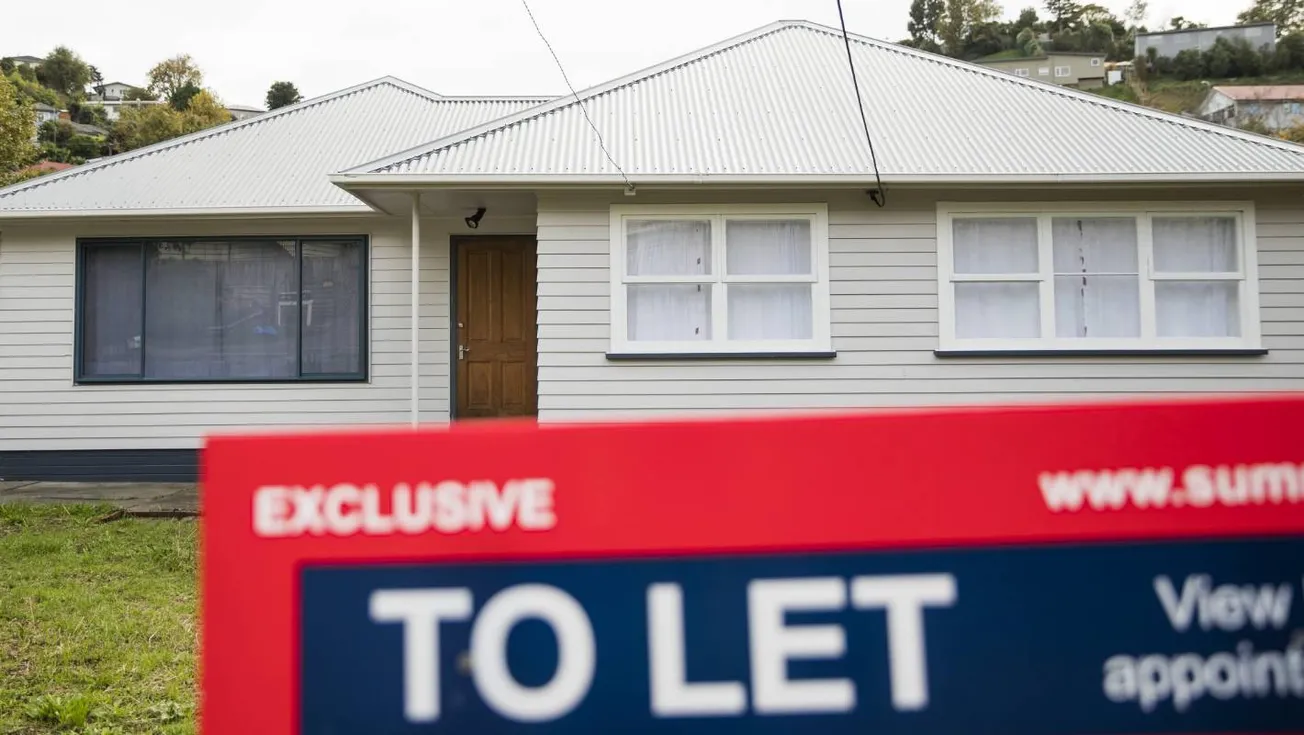Table of Contents
I confess. I am a landlord. There, I have said it. I need a support group. Actually, all landlords need a support group, because the government has the Residential Tenancies Amendment Act in front of the House at the moment. If passed, it will make life harder than ever for landlords and, in the long run, harder and harder for tenants.
The government with its fairy dust approach to everything fails to see that, in all of these amendments to existing tenancy law, all they are doing is making it harder to rent a house. The Healthy Homes Act has meant that most rented houses have to be in better order than many owner-occupied houses. This may seem like a good thing but, markets being what they are, inevitably, such requirements push up landlords’ costs and therefore rents. There is no ability for tenants to be able to rent what they can afford. If they can’t afford to rent a house that is better than most owner-occupied houses, then they go on a state housing waiting list. As that list is currently over 14,500 tenants long (as of January 2020), good luck with that.
The main points of the proposed new tenancy rules are as follows:
- Landlords will not be able to evict a tenant without a reason, instead requiring “specific grounds” specified in law.
- The rent will only be allowed to go up once a year (currently every 180 days).
- Landlords will have to prove tenants have been anti-social at least three times in a 90-day period if they want to use that as a reason to evict them, issue written warnings each time, and would have to apply to the Tenancy Tribunal within 28 days of the third incident.
- Landlords will have to allow tenants to transfer their lease to a new tenant, unless the landlord has a “reasonable” reason to decline it.
- The amount of notice landlords have to give to evict tenants if they need the house for themselves, an employee or family member will rise from 42 days to 63. Tenants will also have to give 28 days notice, up from 21.
- Landlords won’t be able to withhold consent to minor changes to the premises, such as repairs and work that doesn’t require a consent, or damage the property.
- Fixed-term tenancies automatically become periodic on expiry, unless both agree otherwise.
I am trying to decide which aspects of this new law I like least. Not being able to evict tenants without ‘specific grounds’ can be very risky. Once a year rental increases are likely to mean tenants will actually pay more rent, as landlords will push for the highest possible rental each time they are allowed. (But obviously, I am not going to object to that.) Not being able to evict tenants until they have committed 3 acts of anti-social behaviour is the 3 strikes legislation in reverse; and the risk to the property is considerable. I probably dislike a tenant’s ability to assign the lease without consultation with the landlord as the most high-risk aspect. I cannot see how this benefits anyone, except really bad tenants. I have decided that we are not going to risk this one. As soon as the current tenants leave, the properties are either going on the market, or in one case, likely to become available for holiday lets or very short term rentals.
So there you have it. We had 4 rental properties at one stage. We sold one because of having to insulate it when we would never recover the cost. We sold the next one because we were going to have to put in extractor fans, when the tenant was already pretty good about opening windows. The other two will become unavailable because of the risk of the type of tenants we may end up with, having had absolutely no input into the matter at all. I am not prepared to risk that because it seems to me to be a very significant risk indeed.
Nor am I underestimating the question of tenants being allowed to make “minor alterations” to a rental property without permission. Yes, I understand that this is intended to be for small things, but I guarantee that it will be the tenancy tribunal or the courts who will eventually decide the meaning of the word ‘minor’, and whether turning a 3 bedroom place into a 2 bedroom place by knocking down a wall counts as ‘minor’. I don’t see why tenants should not ask permission to do any type of alterations, however minor. In most cases, we prefer to take charge of these things ourselves, to make sure they are done properly and safely.
So there we are. In a town where the majority of people rent rather than buy their own homes, there will soon be 4 fewer properties available for rent, and the reasons are entirely government driven. I would never expect anyone to live in a substandard house, and would always take any reasonable requests from tenants seriously. And yes, I know that the idea is to drive ‘slum landlords’ out of the market, but, as I pointed out to our property manager a few days ago, she would not be able to rent out our own house, because it doesn’t have a rangehood. I think that demonstrates how ridiculous and out of touch the current tenancy rules are, but again, it is tenants who pay the price, both literally and figuratively. If we couldn’t rent out our 10-year-old, fully insulated, double glazed house, then there is something very wrong with the law… but we already know that.
Landlords, let’s hear some of your stories. I’m sure you have lots to tell.
If you enjoyed this BFD article please consider sharing it with your friends.







